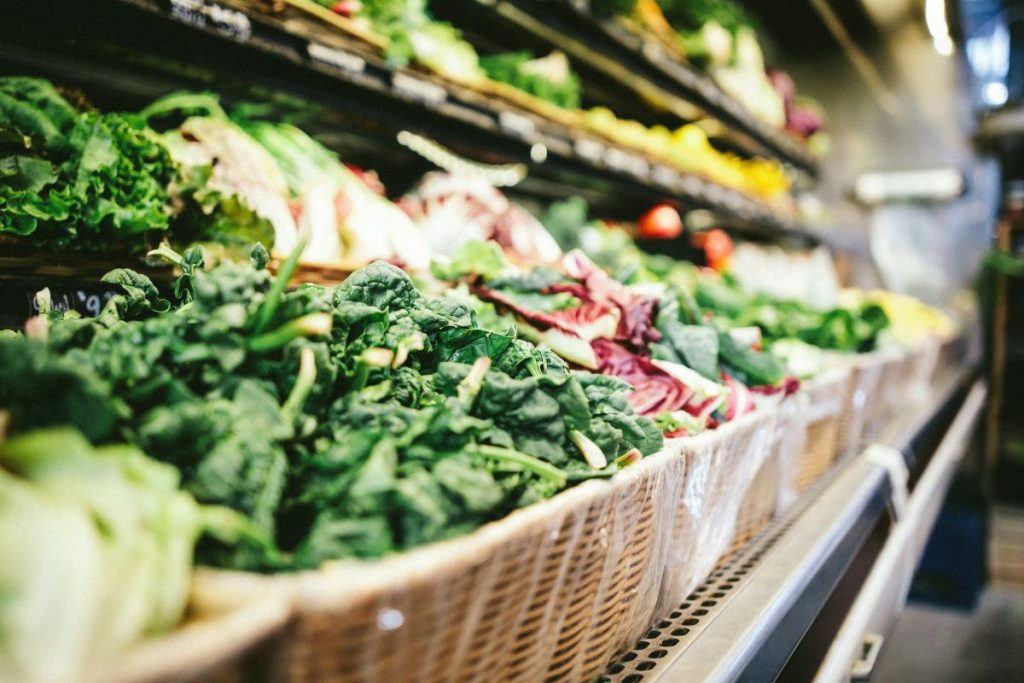The FDF, which represents over a thousand businesses in the UK’s food and drink industry, launched its “Ambition 2030” initiative on October 23. The program aims to unite supply chain partners in addressing the escalating challenges posed by climate change. Ambition 2030 identifies five key areas for the FDF to concentrate on over the next five years:
- Achieving net-zero emissions by reducing the food industry’s emissions by 50% by 2030, with a goal of reaching net-zero by 2040.
- Restoring nature through investments in a variety of projects focused on regenerative agriculture, including reduced water usage, decreased dependence on synthetic pesticides, and the restoration of degraded soil.
- Sourcing sustainable commodities, such as cattle feed, and putting an end to commodity-driven deforestation by 2030.
- Reducing food waste by 50% during the manufacturing process and collaborating with industry partners and the UK government to decrease household food waste.
- Committing to a circular economy by investing in a large-scale packaging recycling system.
Looking Beyond 2030: A Long-Term Sustainability Vision
FDF’s chief executive, Karen Betts, emphasized the active role of businesses in the sector in reducing emissions, restoring nature, minimizing food waste, and ensuring all packaging is reduced, reused, or recycled. She stated that “Ambition 2030” is crucial in providing them with practical guidance, knowledge sharing, and planning to successfully navigate the upcoming set of complex challenges.
Betts also revealed that the FDF is “looking beyond 2030,” with plans to eventually outline the next steps toward a more sustainable food and drink sector through 2050.





